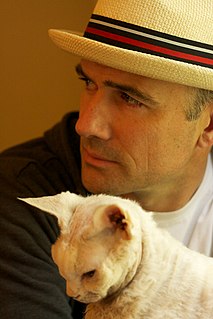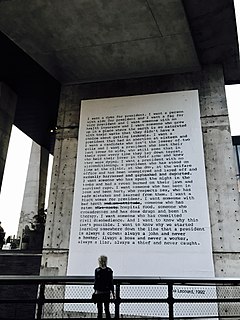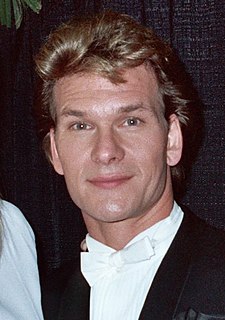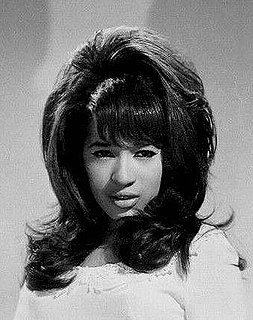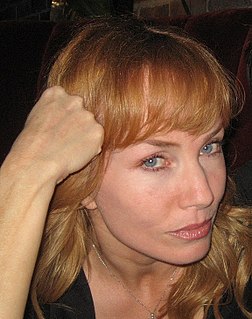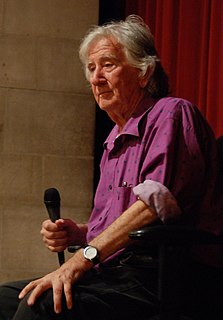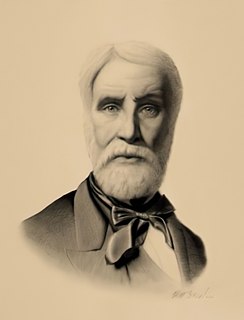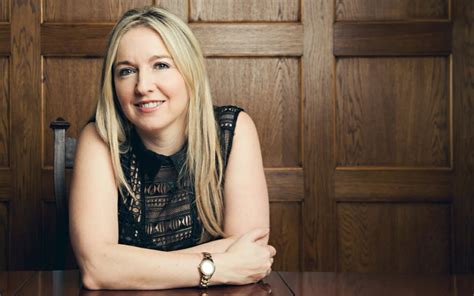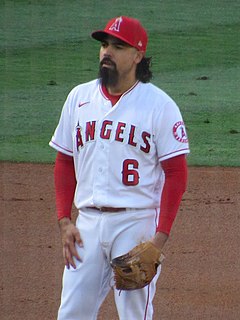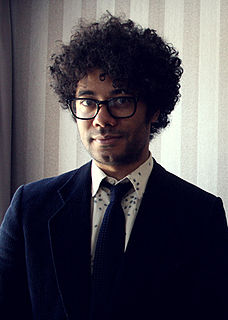A Quote by Mark Z. Danielewski
The finest act of seeing is necessarily always the act of not seeing something else.
Quote Topics
Related Quotes
Something about photography is tied to a very specific relationship with the material world. It doesn't have to be, but the way I practice it, it is. So there's an act of observation, but it's not an act of objective recording. It's about framing something and seeing it and understanding that it's relational.
Or, to express this in another way, suggested to me by Professor Suzuki, in connection with seeing into our own nature, poetry is the something that we see, but the seeing and the something are one; without the seeing there is no something, no something, no seeing. There is neither discovery nor creation: only the perfect, indivisible experience.
Theatre has nothing to do with buildings or other physical constructions. Theatre - or theatricality - is the capacity, this human property which allows man to observe himself in action, in activity. Man can see himself in the act of seeing, in the act of acting, in the act of feeling, the act of thinking. Feel himself feeling, think himself thinking.
I cannot believe that violence depicted onscreen actually causes people to act out violently. That's oversimplifying the issue. If somebody commits a violent act after seeing violence in a movie, I think the question that needs to be asked is: would that person still have committed the act if he had not seen a violent film?
